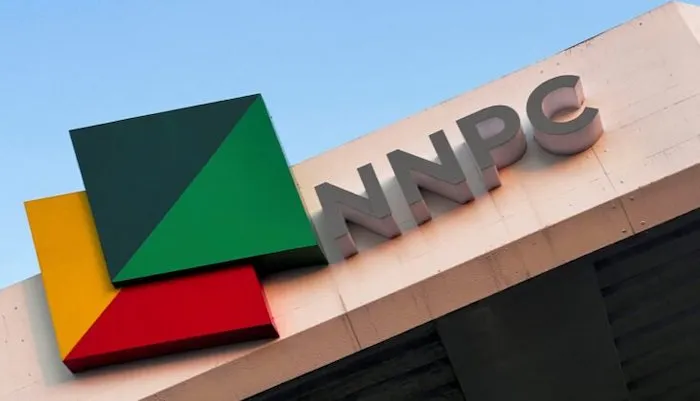Governance is more about responsibility than just holding an office. It is more about making impact and not merely making a show of power with all its paraphernalia.
In an era where political rhetoric often eclipses concrete achievement, Anambra State Governor Chukwuma Charles Soludo’s recent town hall meetings with Anambra’s Diaspora communities in Lagos and Abuja capture the true essence of governance. The well-attended meetings were beyond political grandstanding and represented something far more significant: the embodiment of accountability, transparency, and integrity in governance.
The packed venues in both cities testified to the governor’s drawing power and positive perception among Ndi Anambra living outside their home state. Indeed, what unfolded during the interactive sessions was not the typical political theatre of vague promises and evasive answers, but rather a logical presentation of a three-year scorecard backed by verifiable data and tangible results.
Professor Soludo, leveraging his academic background, approached these town halls with the precision of a scholar presenting research findings. His detailed exposition of achievements across infrastructure, education, healthcare, security, economic transformation, tourism, and more painted a picture of an administration guided by strategic vision rather than political expediency.
Particularly noteworthy was the genuine interactive engagement that characterised these meetings. Far from the scripted questions and rehearsed responses that often dominate such forums, attendees engaged in robust, spontaneous, sometimes challenging dialogues with their governor. This willingness to face direct questioning from citizens demonstrates a level of confidence that comes only from having substantial accomplishments to defend.
The endorsement from former Governor and Senator Chris Ngige at the Abuja town hall carried special weight. When Senator Ngige declared that he “came, saw and confirmed” that all the stories about Governor Soludo’s monumental strides are not mere publicity stunts, it represented another poignant cross-verification of Governor Soludo’s claims. Coming from a political figure with his own significant legacy in the state, this validation transcended partisan lines and spoke to observable realities on the ground, affirming the well-known fact there is no opposition in Anambra that can stop Governor Soludo’s re-election.
Throughout the Lagos and Abuja engagements, Governor Soludo consistently emphasized his unifying vision captured in the mantra: “One State, One People, One Agenda.” This philosophy directly challenges the divisive politics of regional favouritism that has plagued many Nigerian states. By declaring that he does not see Anambra as north, south, or central districts but as a unified entity with shared destiny, Governor Soludo is promoting a new political identity based on common interests rather than geographic divides.
The governor’s assertion that “Anambra is Rising” was not another fancy slogan but was substantiated through comprehensive data on economic indicators, infrastructure development, and social metrics. This evidence-based approach to governance reporting stands in stark contrast to the emotional appeals and sentimental narratives that typically dominate political discourse in our polity.
What makes these Diaspora town halls particularly significant is their recognition of the crucial role that Anambra citizens living outside the state play in its development.
By actively seeking their input and support, Governor Soludo acknowledges that governance extends beyond Awka to encompass all who have a stake in the state’s progress, no matter where they live and do business in the world.
Also, the enthusiastic reception from attendees suggests that many Anambra indigenes see in Governor Soludo’s administration a departure from business-as-usual politics.
Several participants expressed surprise at the level of detail provided about ongoing projects and their implementation timelines, information that empowers citizens to hold their government accountable. And by voluntarily submitting his administration’s record to the scrutiny of some of the state’s most accomplished sons and daughters, Governor Soludo demonstrates confidence in his stewardship and respect for citizens’ intelligence.
The true test of Governor Soludo’s governance model, however, will be when these engaging dialogues translate into a Second Term election of him to continue acceleration of transformation across Anambra State.
For now, Governor Soludo’s unique Diaspora town hall engagements confirm that accountability must go beyond being a governance principle and assumes a practical approach that can rebuild trust between citizens and their elected leaders.
As Anambra State continues its upward trajectory, the governor’s commitment to keeping stakeholders informed and engaged will be as important as the projects themselves.







